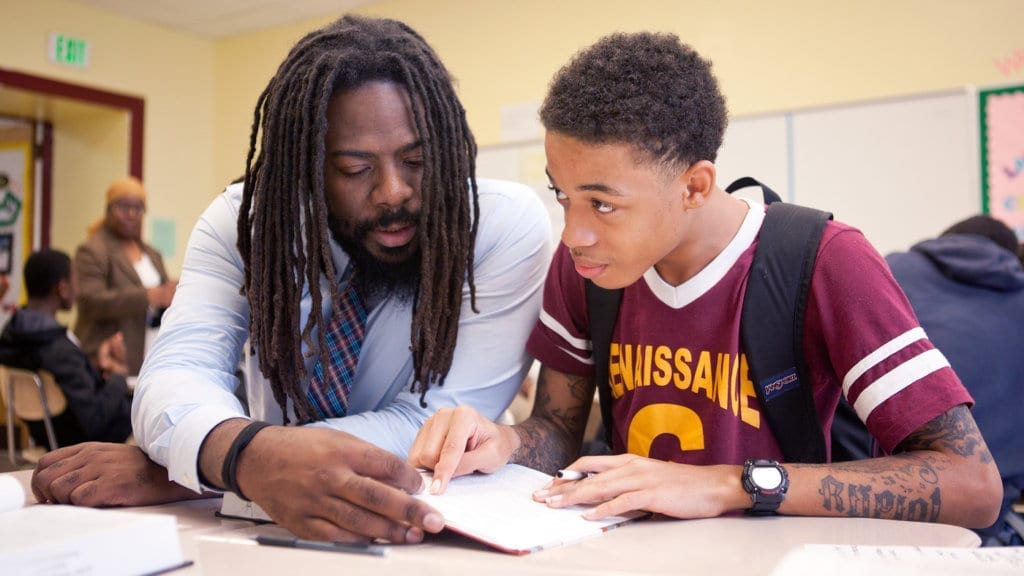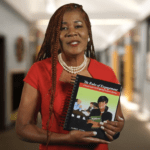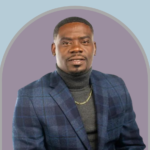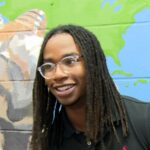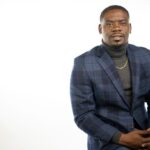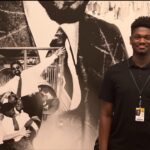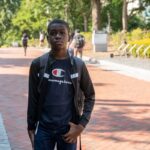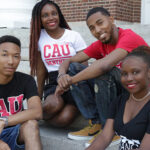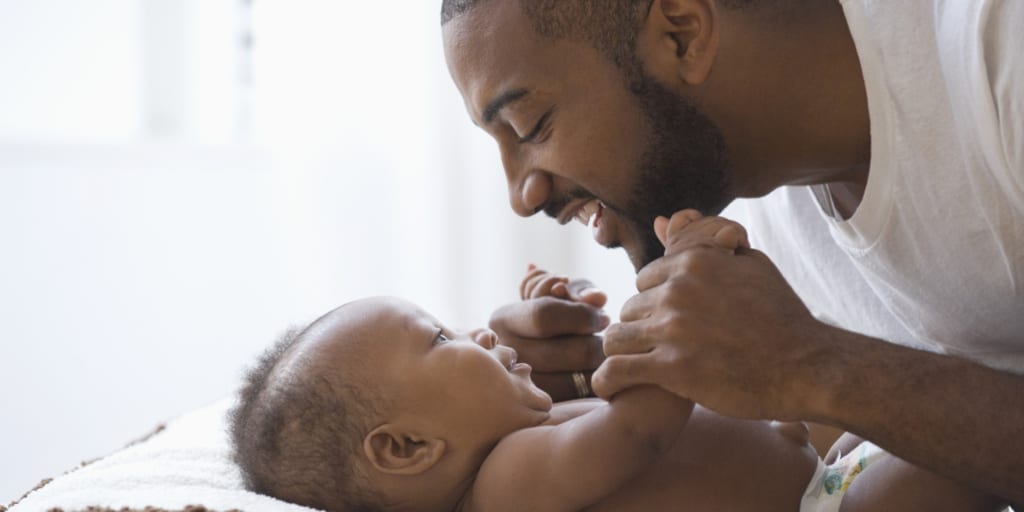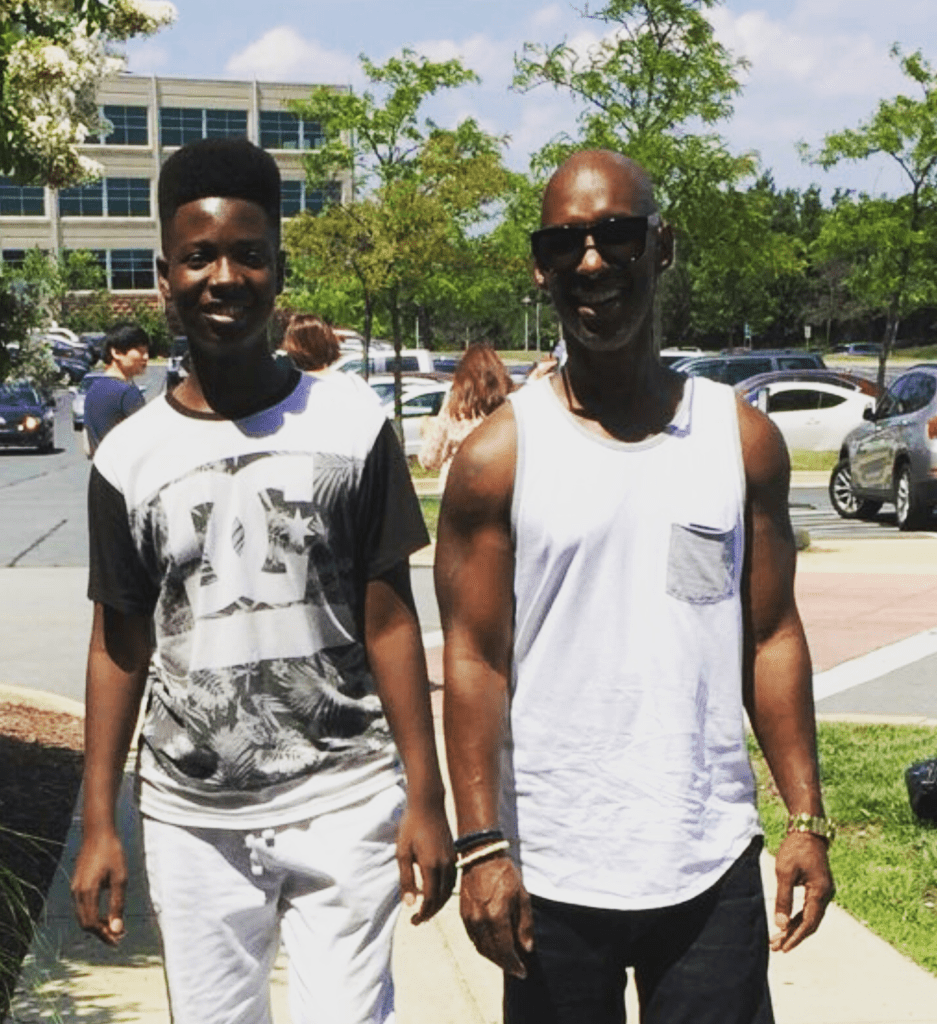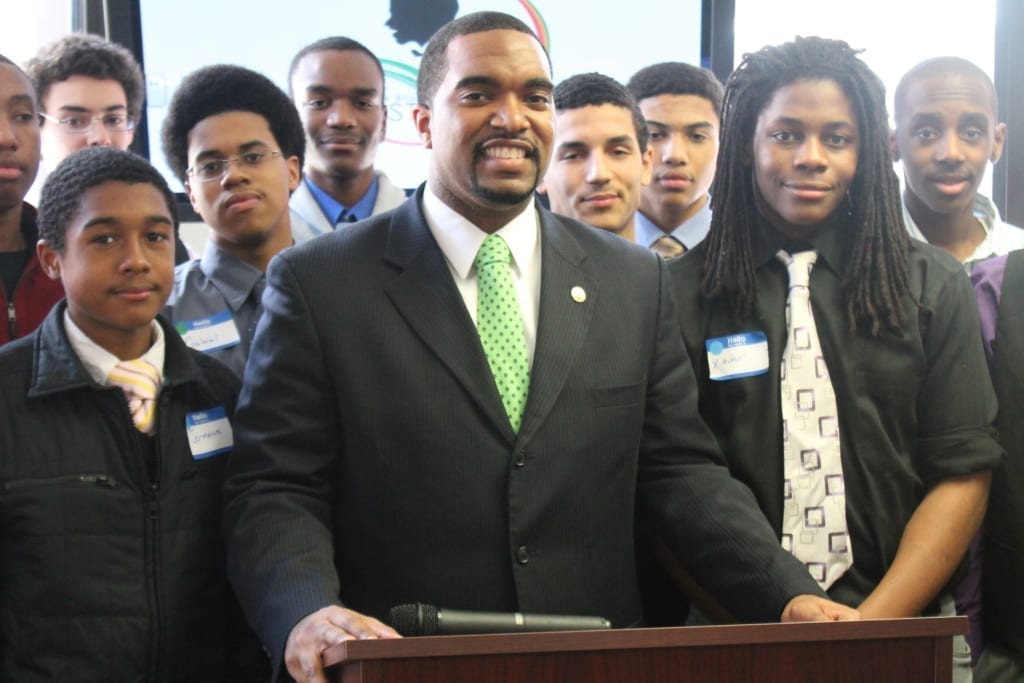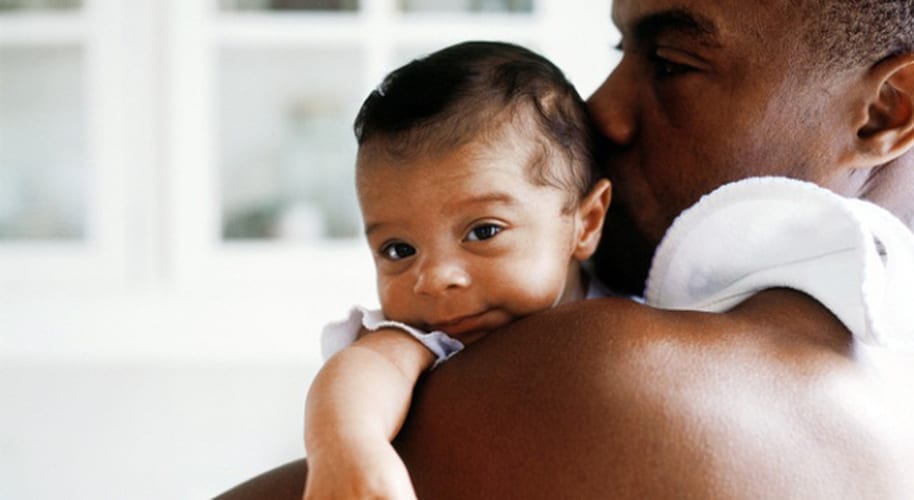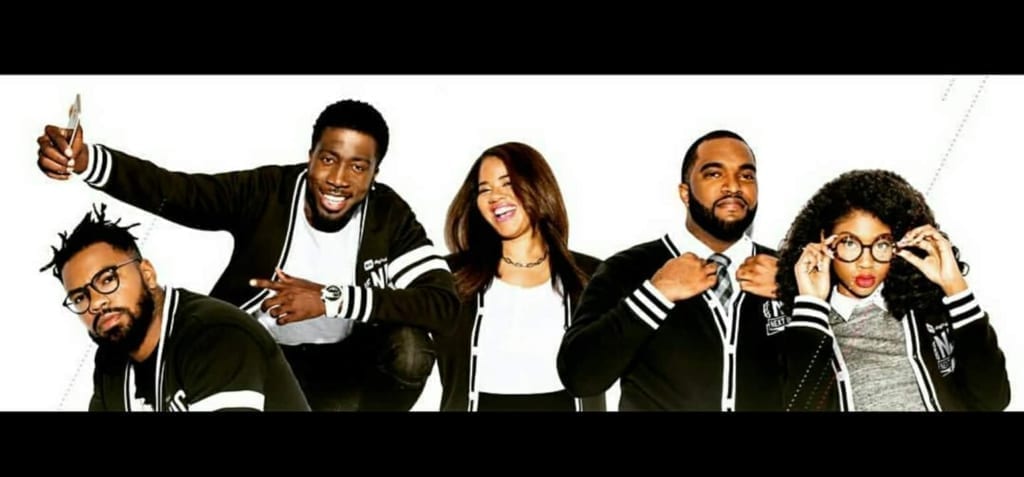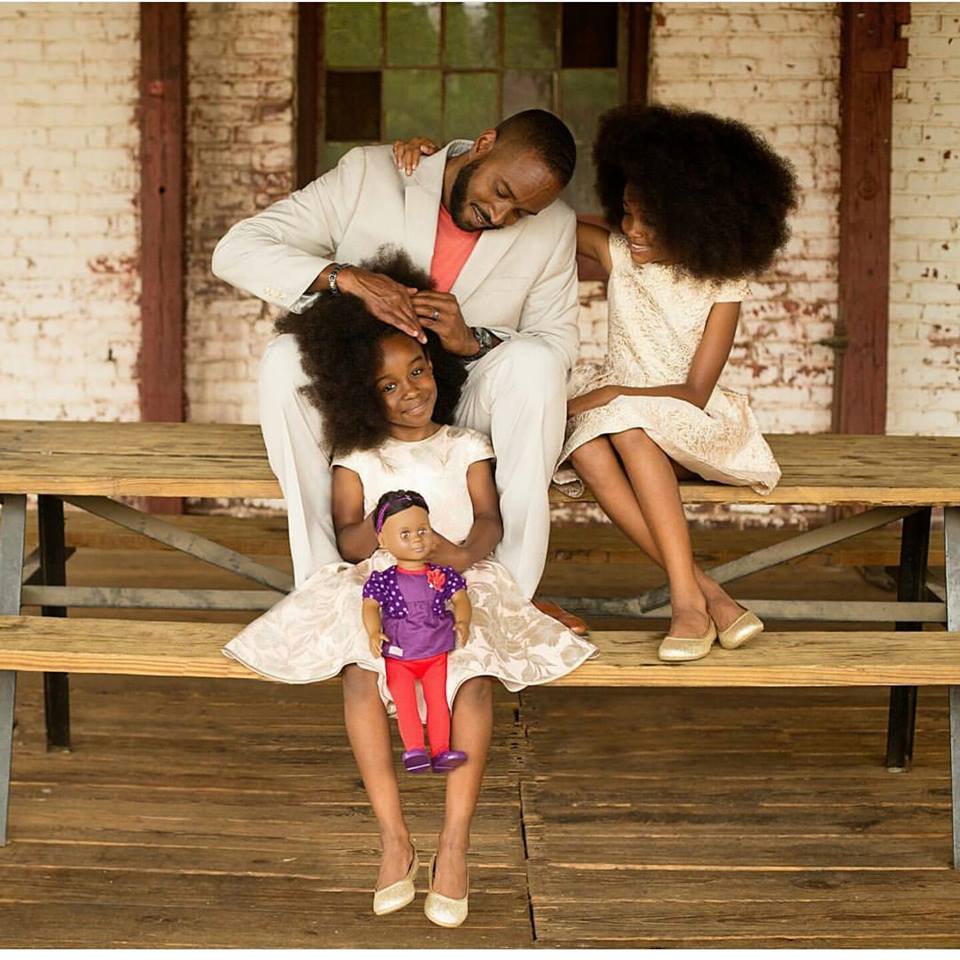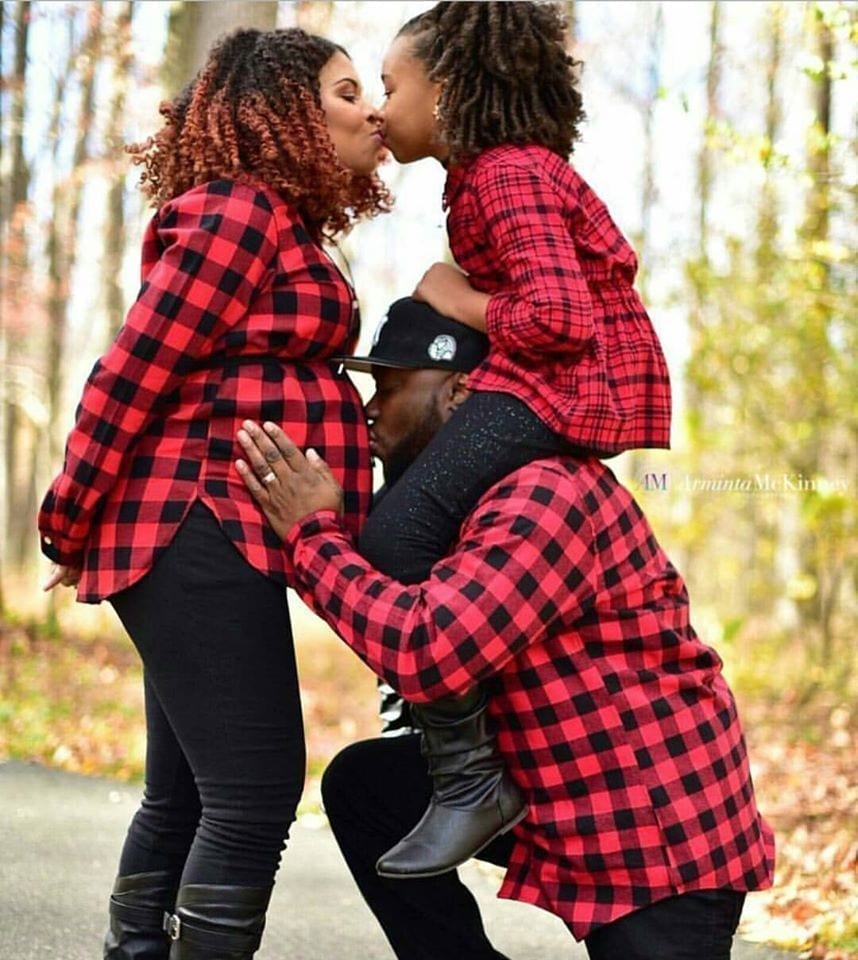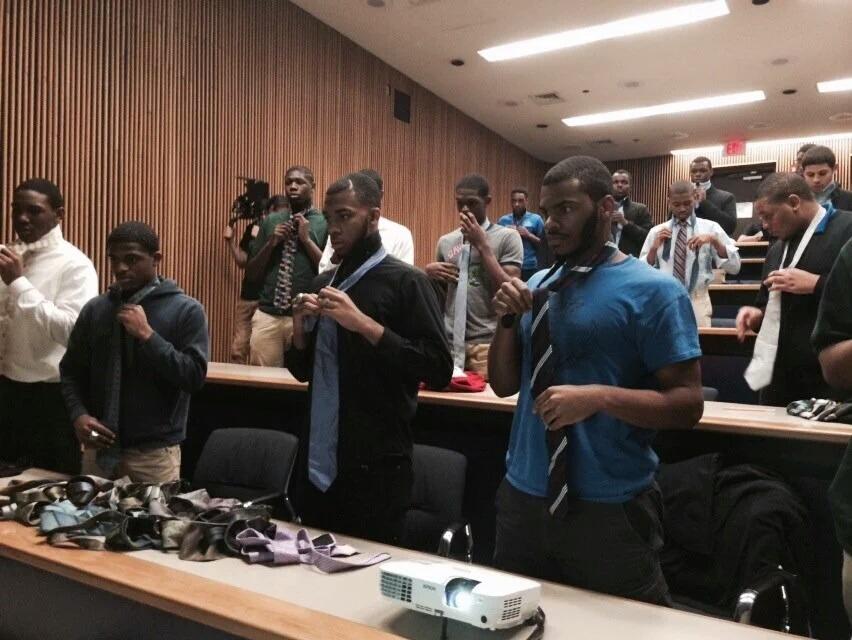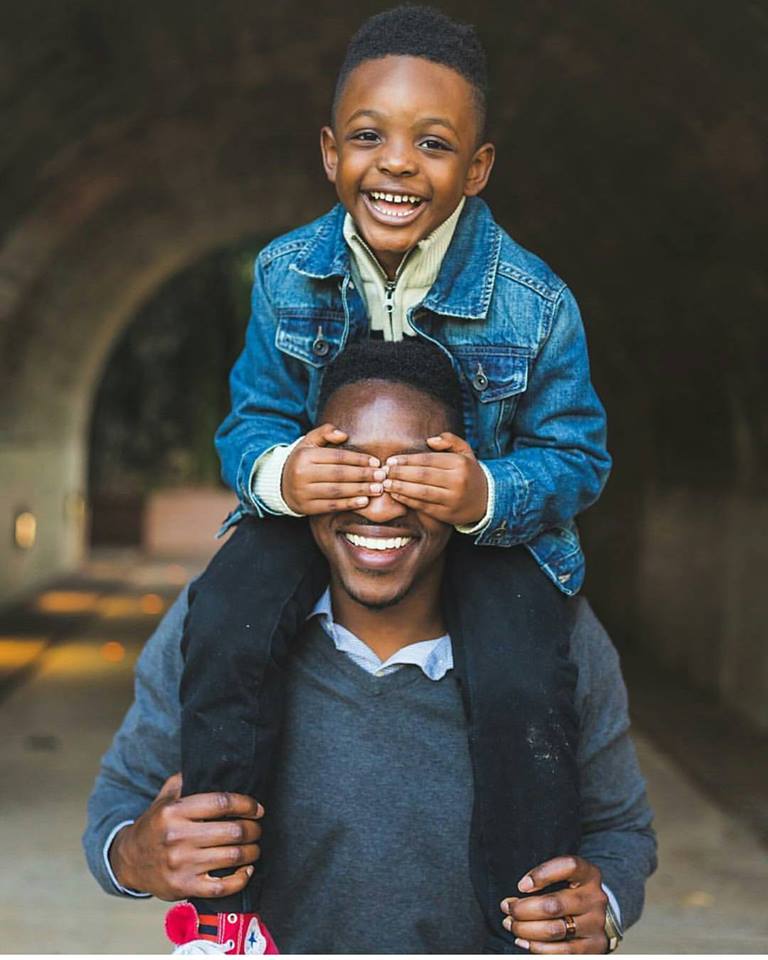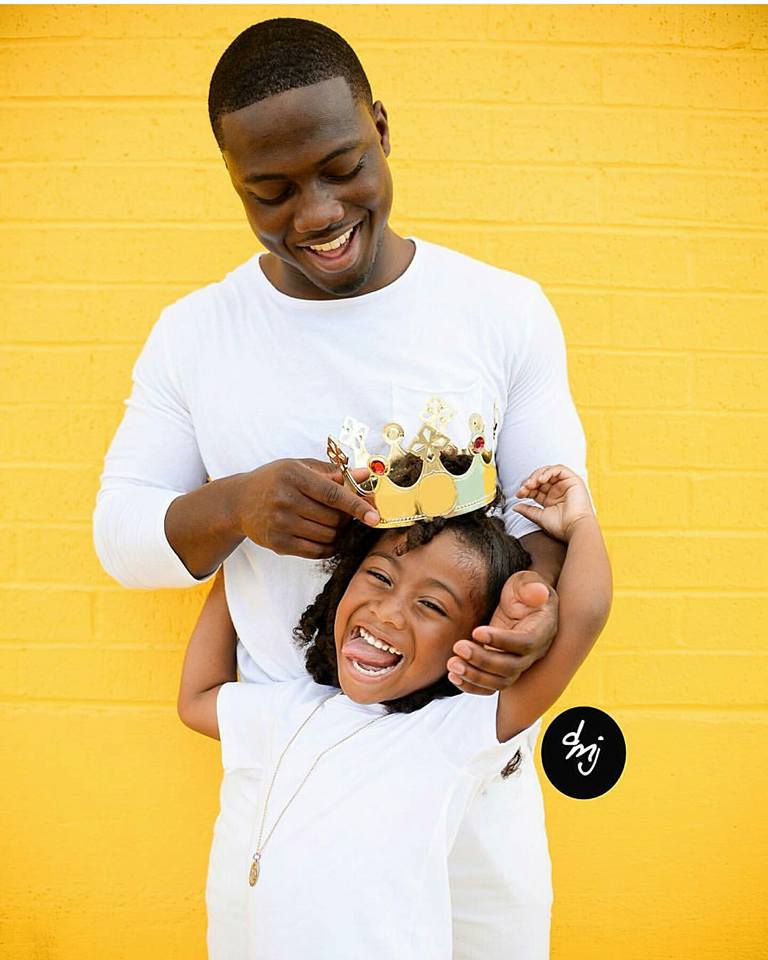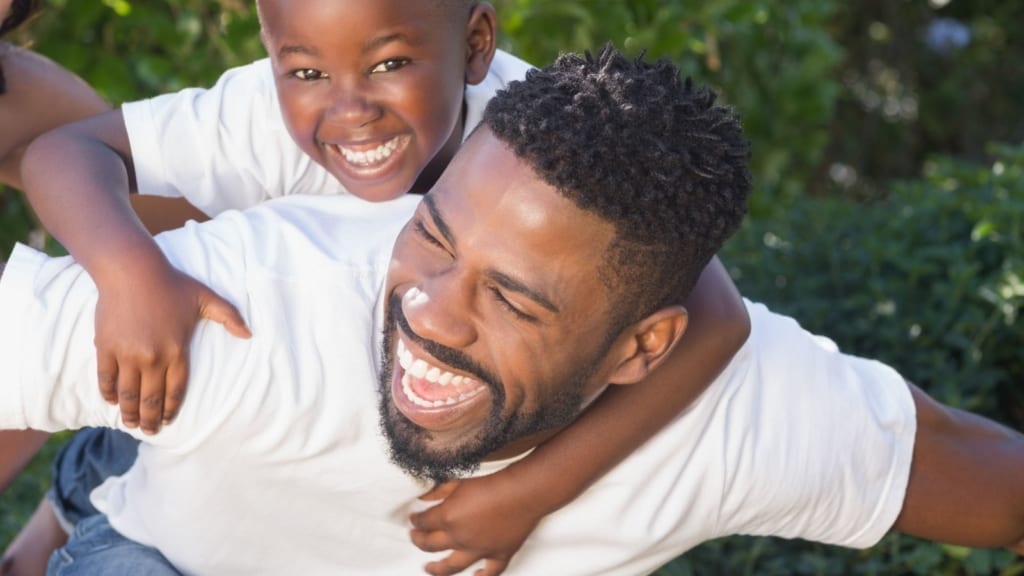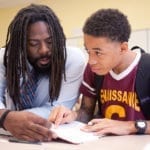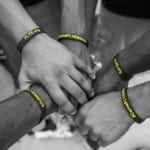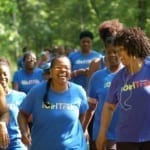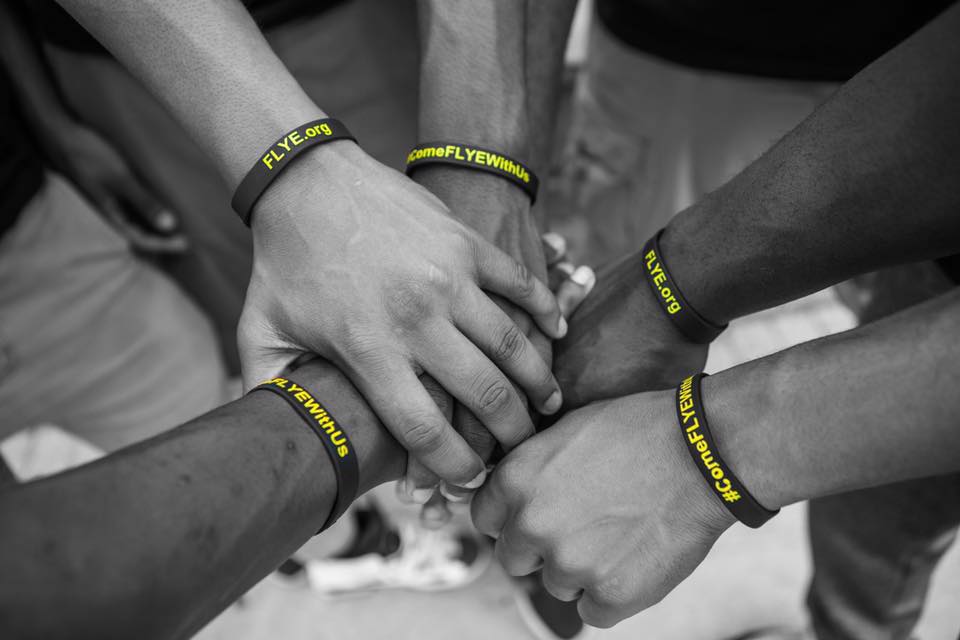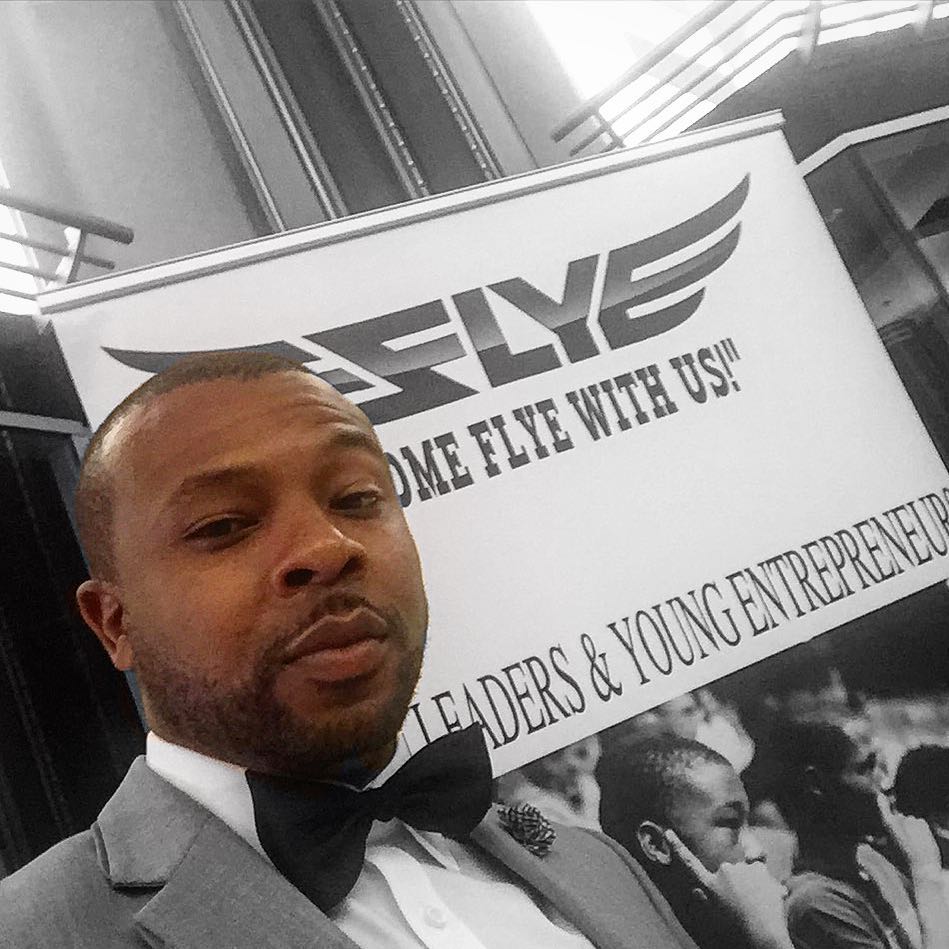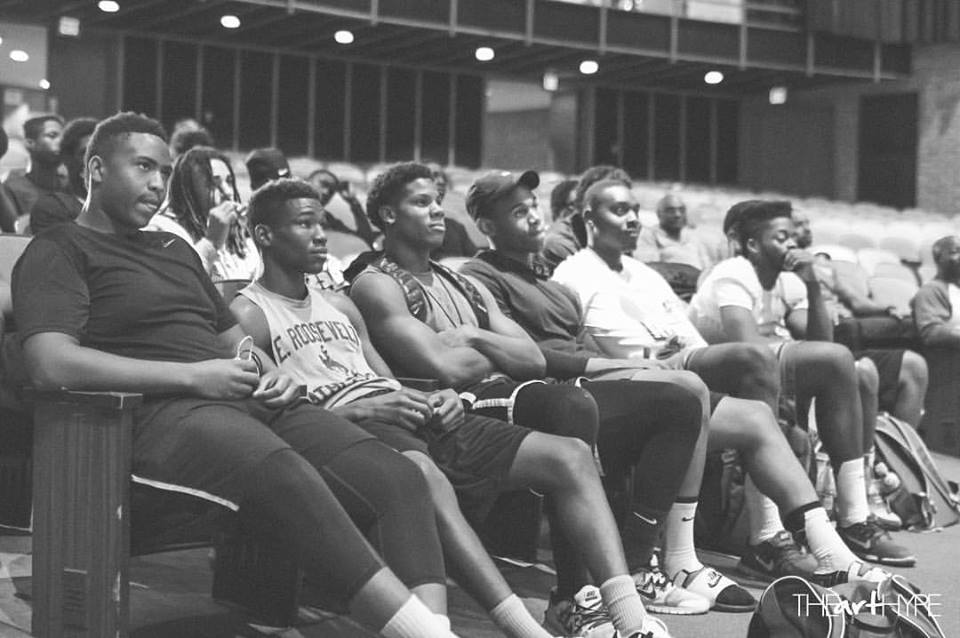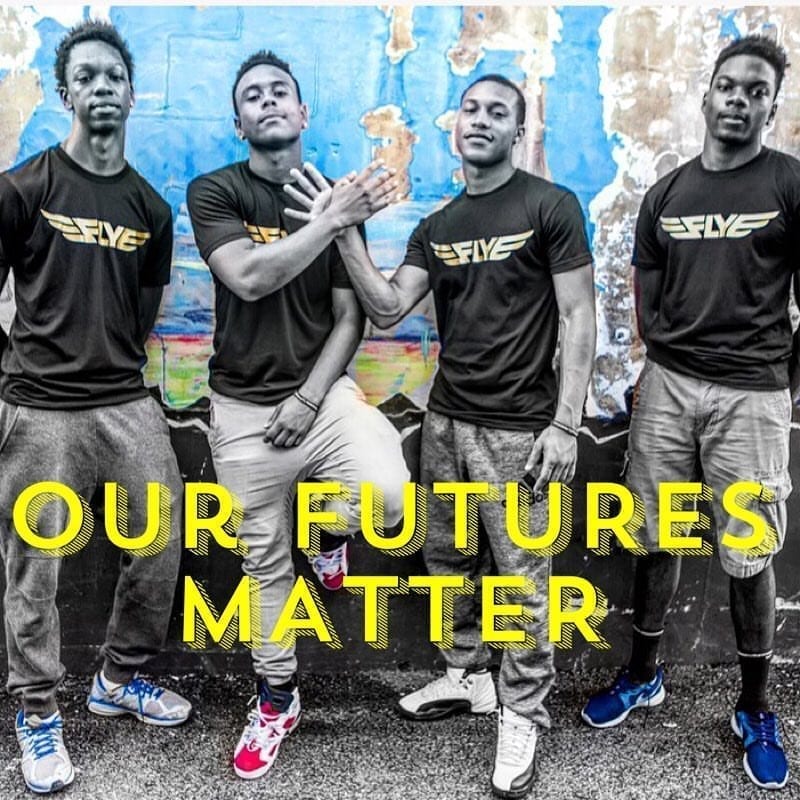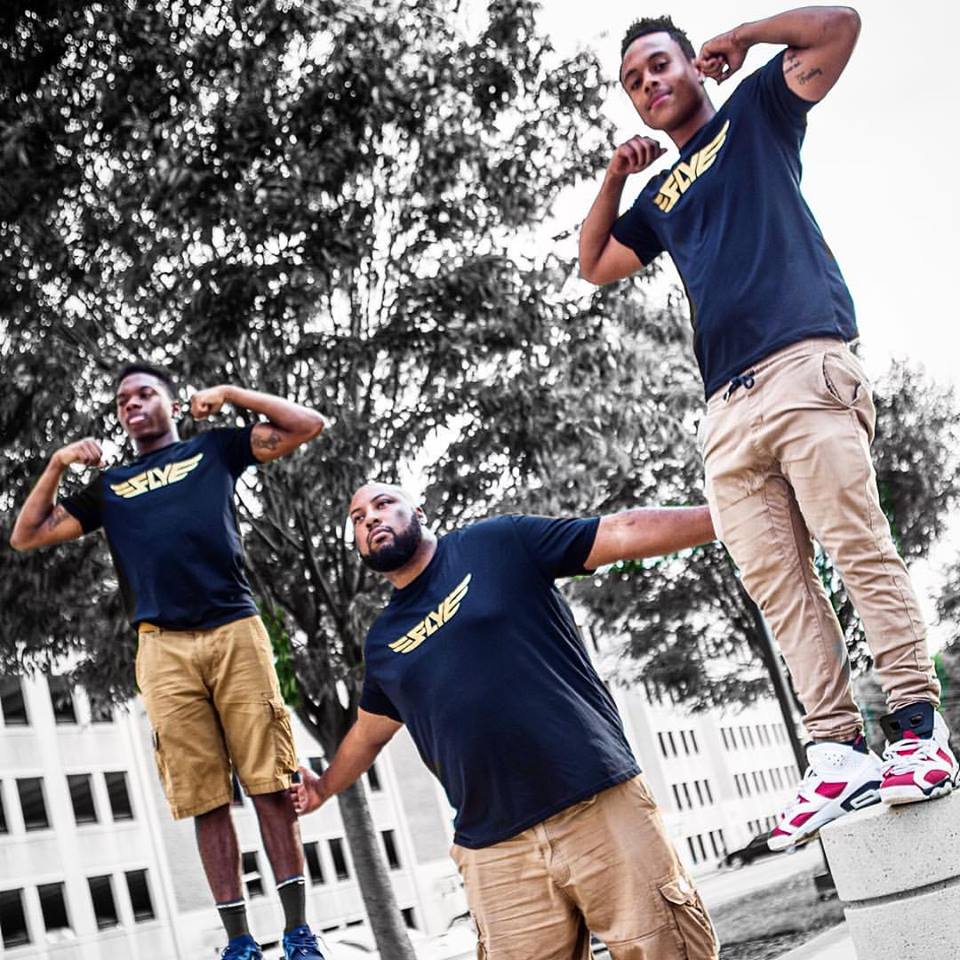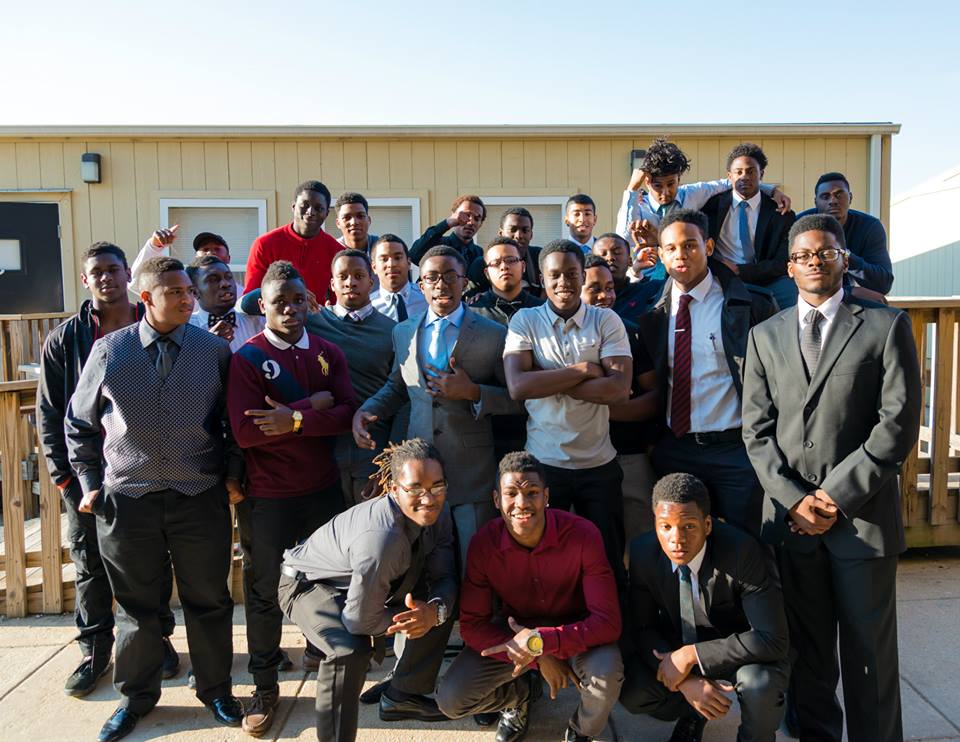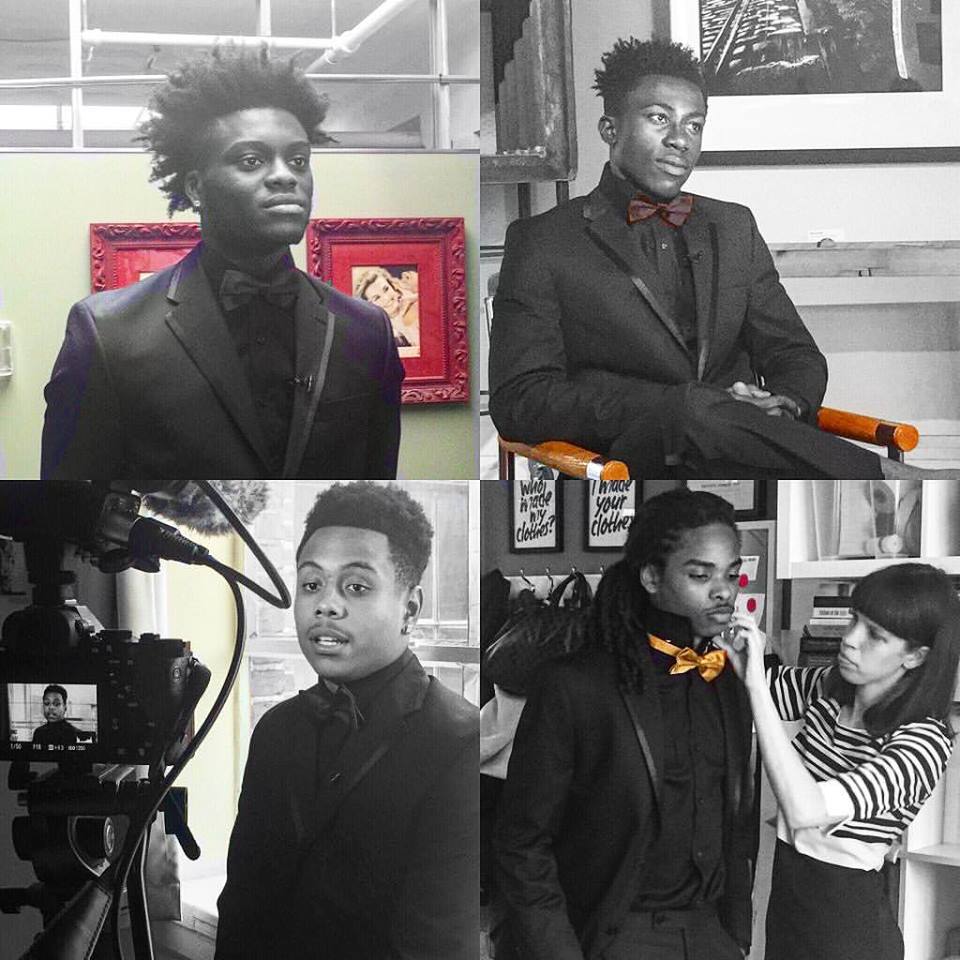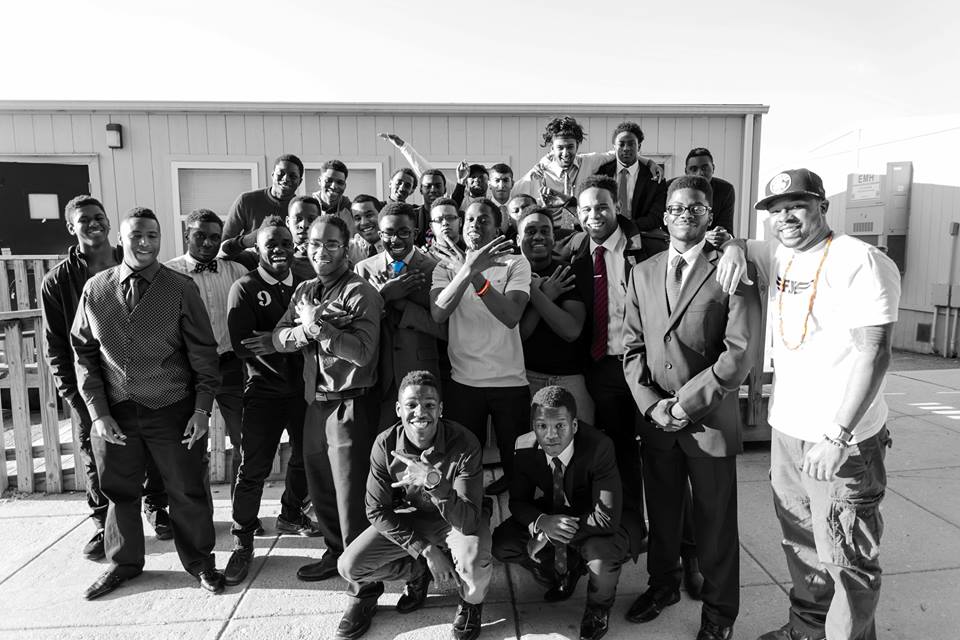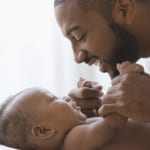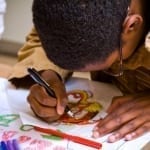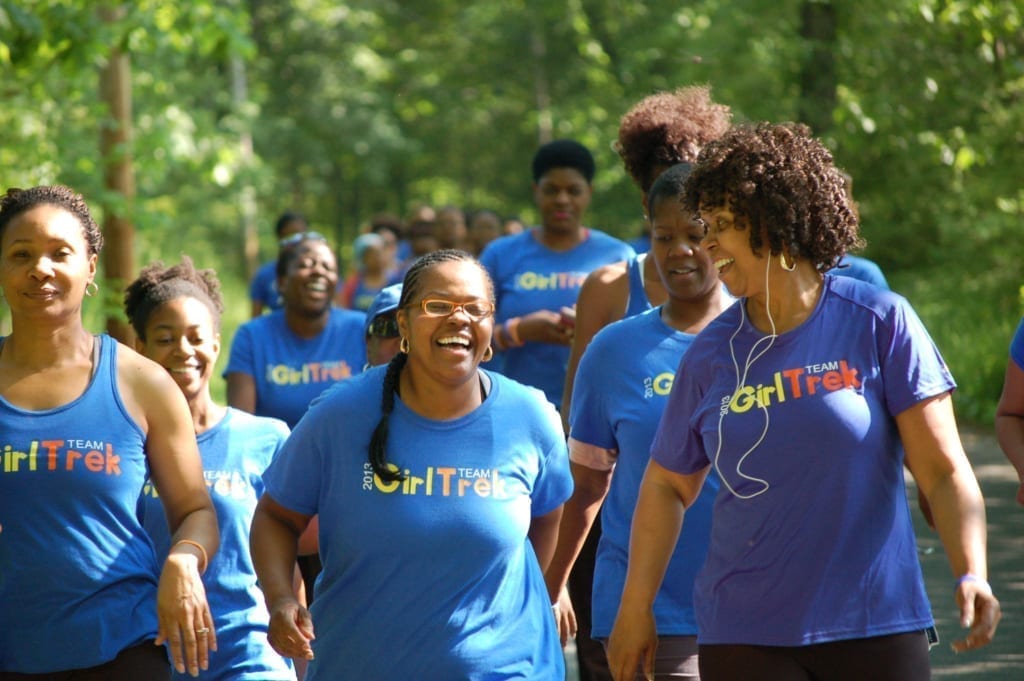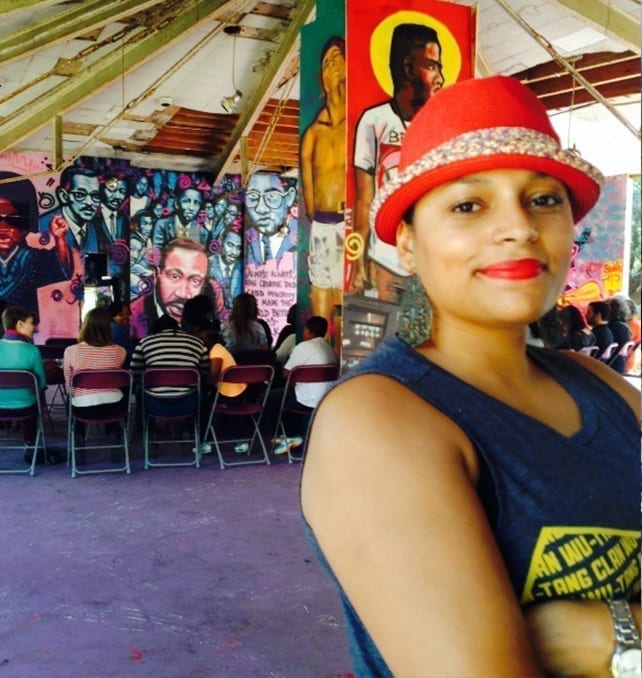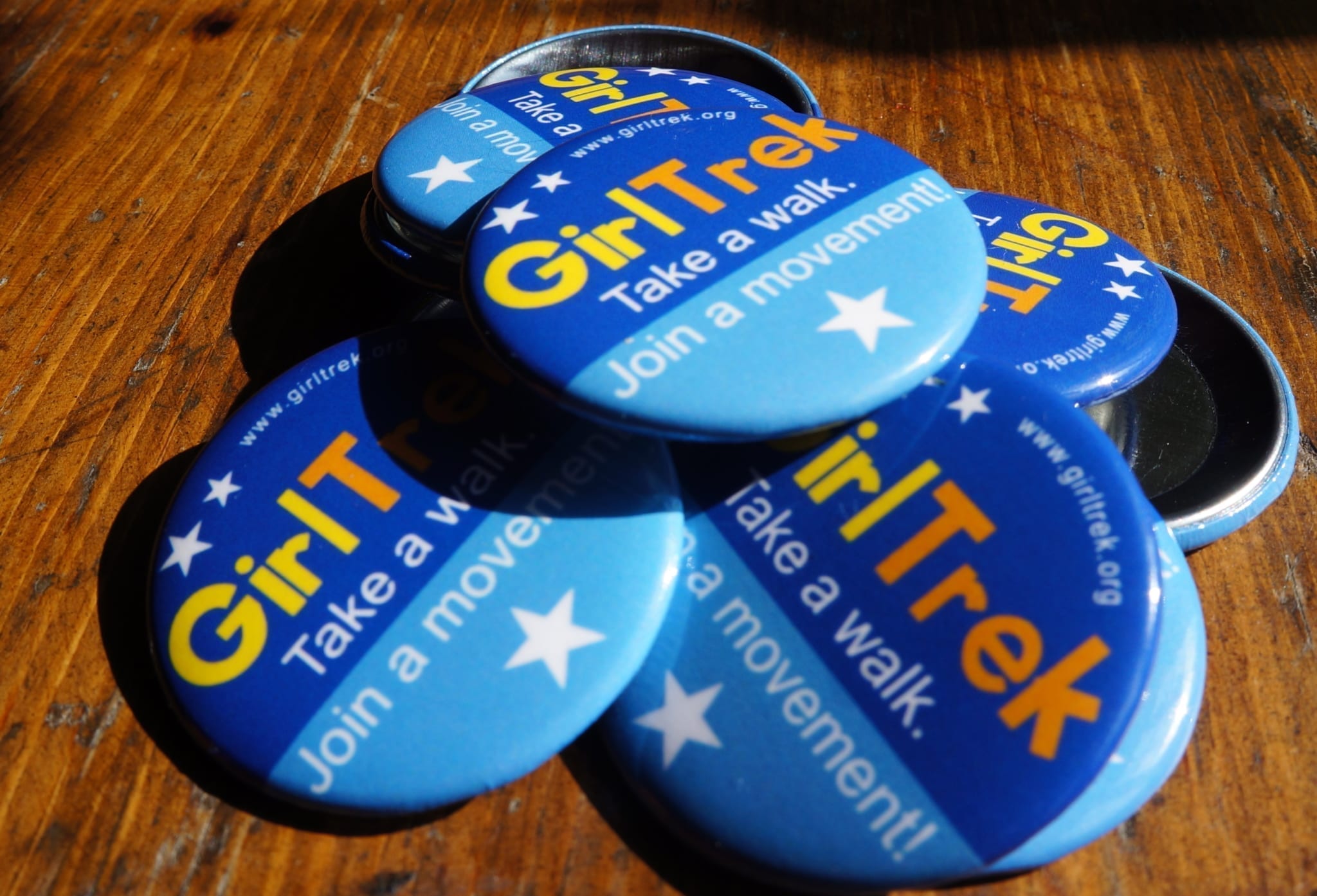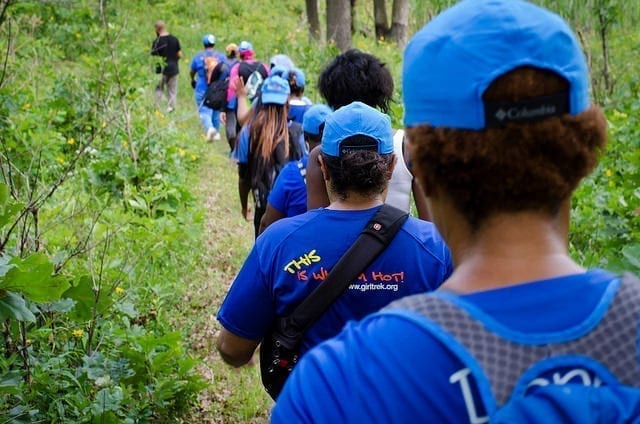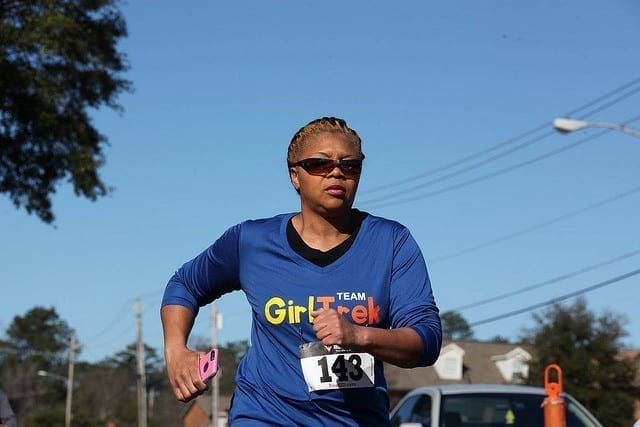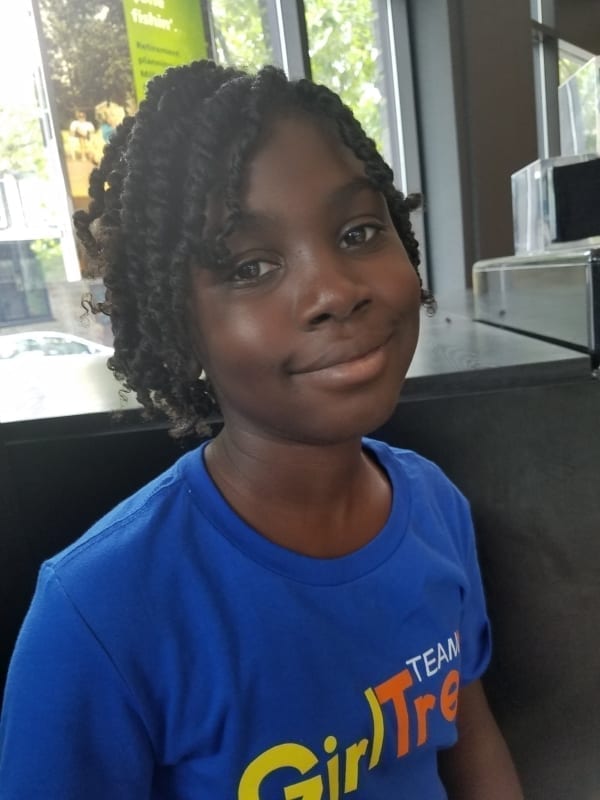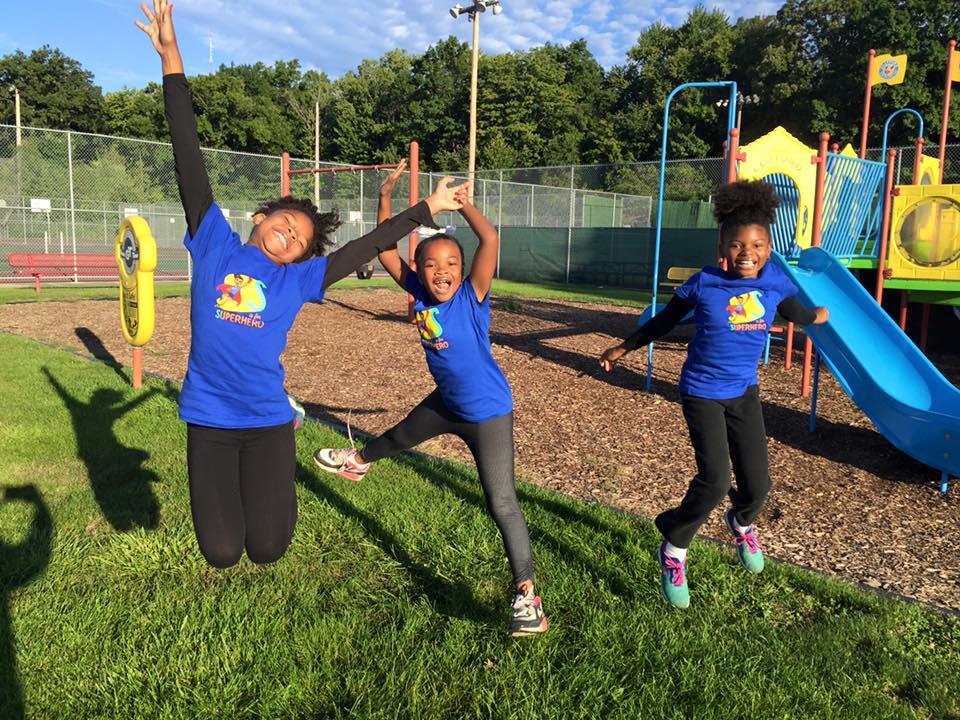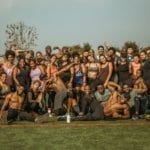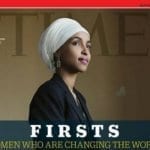When I first met Chris, he was quiet—I could tell he was trying to figure out who I was, and who I could be in his life. The stories I heard about Chris did not align with the boy in front of me. I was told he was constantly removed from class and referred to the office. In fact, he had 60 such referrals in the first semester of school.
Chris wasn’t receiving the education required for his success, so my job as his mentor was to serve as a liaison and provide behavioral support to intervene. Chris is not an anomaly—in San Francisco, where he lives, the Black student achievement gap is so bad that the local NAACP called it a state of emergency.
When I started working with Chris, it was clear that he verbalized only a fraction of his thoughts. One day, during a break from class, he quietly mentioned that he wouldn’t be at school later in the week because of a funeral—his older brother had been murdered, and Chris was the last person to see him alive.
Chris’ school administrators were completely oblivious to his situation, most likely because he didn’t trust them with the burden he was carrying. At his school, behavioral problems are addressed with office referrals, without the intent to address the heart of the matter. However, I do not place full blame on the faculty—there are 300 kids in need of equal support and the faculty’s limited resources can only provide a fraction of what students need.
MY PURPOSE AS A MENTOR
My purpose as a mentor is to focus not just on academics, but also on emotional support. I have a deep respect for the youth I mentor, and in return, they respect me. For most of the youth I work with, I am the only man they trust to open up to about their emotions, and it makes a difference.
A toxic brand of masculinity that says boys and men are not supposed to exhibit emotion or feel pain has taken hold in our society—it has a debilitating and often violent effect. I have seen firsthand how a healthy masculine figure can counteract that narrative, and if we replicate that model, we might begin to heal people beyond just one neighborhood.
For boys in our program, behavior, attendance and grades all improve with the addition of a mentor who is focused as much on their mental and emotional well-being as on their academics. In the short few months I’ve worked with Chris, his referrals dropped to 17 for the entire spring semester. Another boy in our mentorship program went from 103 referrals in the fall to 11 referrals in the spring.
Part of what makes the relationship with my mentees possible is their first impression of me.
My personal experience as a Black man gives me the tools to see beyond their behavior—it is easier for them to identify with me because they see themselves in me. Although they may have a different set of circumstances, the overall experience for Black boys in public schools is similar across the country, so it’s not just the color of my skin that allows me to relate, it’s also a shared perspective and a mutual respect.
It is important for mentors and others looking to implement solutions for Black students to come from within our own communities. Studies have shown that students do better in class and have less disruptive behavior when educators look like them, and mentorship is no exception.
SELF-CARE HAS TO BE A PRIORITY
In order for adults to be mentors and healers for youth, they must believe in healing and caring for themselves. I can do the work I do because I make self-care a priority. It took me burning out to realize that I had to help myself first in order to help others.
Trauma doesn’t stop manifesting once people hit adulthood. It is crucial for adults to explore their own trauma so that when they interact with students, they can focus on the child’s pain rather than projecting their own. Ideally, teachers and faculty could receive therapeutic support as part of their job.
There are no quick fixes for the Black student achievement gap in San Francisco or elsewhere, but there are interventions that have relatively quick, lasting effects. Investing in mentors who are interested in caring for children as a whole—focusing on their psychological and emotional well-being as well as their academic achievement—is a key that can unlock the door to a brighter future for many of our youth.
Marc Anthony for Education Post

